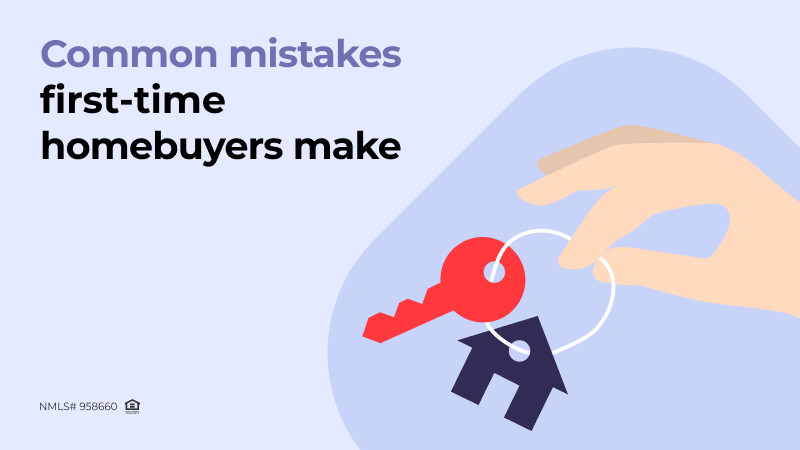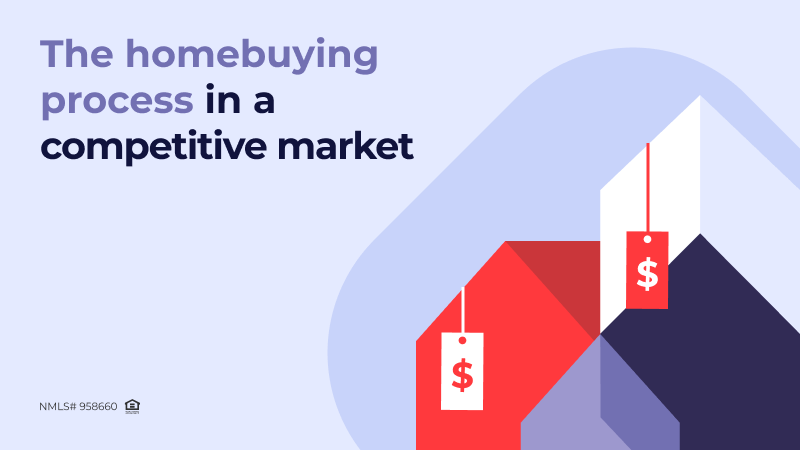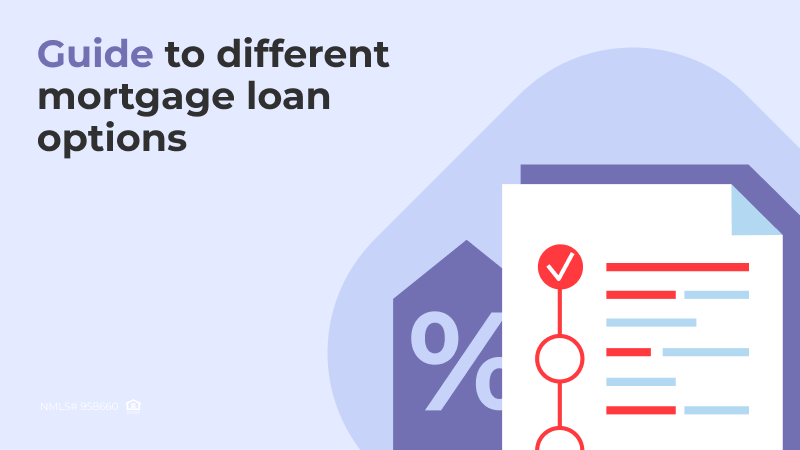Introduction: Purchasing a home is a significant milestone, and for many, it involves securing a mortgage to finance the investment. While striving to achieve homeownership is exciting, it’s essential to comprehend the various components of the mortgage process. One term you’ll often encounter is PMI, or Private Mortgage Insurance. In this comprehensive guide, we’ll delve into the world of PMI, explaining what it is, why it’s required, and how it impacts your homebuying journey.
Unveiling PMI:
- Defining PMI: Private Mortgage Insurance (PMI) is an insurance policy that lenders require from homebuyers who make a down payment of less than 20% of the home’s purchase price. It’s intended to protect the lender in case the borrower defaults on the loan.
- Why PMI Exists: PMI exists to mitigate the risk that lenders undertake when financing mortgages with a lower down payment. A higher loan-to-value (LTV) ratio (loan amount divided by property value) signifies more risk for the lender, as there’s less equity in the property. PMI acts as a safeguard for the lender in case the borrower defaults and the lender needs to recover its investment.
How Does PMI Work?
- Payment Structure: PMI is typically paid monthly as part of your mortgage payment. It’s important to note that PMI payments do not contribute to your home’s equity or pay down the principal balance of your loan.
- Cancellation of PMI: The good news is that PMI is not a lifelong commitment. Once your home’s equity reaches 20% of the original purchase price or appraised value (based on scheduled payments or property value appreciation), you can request the cancellation of PMI. Additionally, lenders are required by law to automatically cancel PMI once your loan balance reaches 78% of the original value.
- Lender-Paid vs. Borrower-Paid PMI: In some cases, lenders offer the option to pay for PMI on behalf of the borrower. This often results in a slightly higher interest rate on the loan. Alternatively, borrowers can choose to pay PMI themselves as part of their monthly mortgage payment.
The Impact of PMI:
- Affordability Considerations: While PMI enables you to secure a mortgage with a lower down payment, it does add an additional cost to your monthly payment. It’s crucial to include PMI costs in your budget when calculating how much you can afford.
- Financial Strategy: PMI is not necessarily a bad thing, especially if it allows you to enter the housing market sooner. It’s essential to assess whether it makes sense for your financial situation and long-term goals.
- Building Equity: Although PMI doesn’t contribute directly to your equity, homeownership inherently helps you build equity over time through property appreciation and mortgage payments.
Conclusion: Private Mortgage Insurance (PMI) serves as a bridge for prospective homebuyers, enabling them to purchase a home with a smaller down payment. While it adds an extra cost to your monthly mortgage payment, it offers a path to homeownership without waiting to save a larger down payment. Understanding the nuances of PMI empowers you to make informed decisions about your homebuying journey, ensuring you choose the best approach for your financial well-being and homeownership aspirations.



